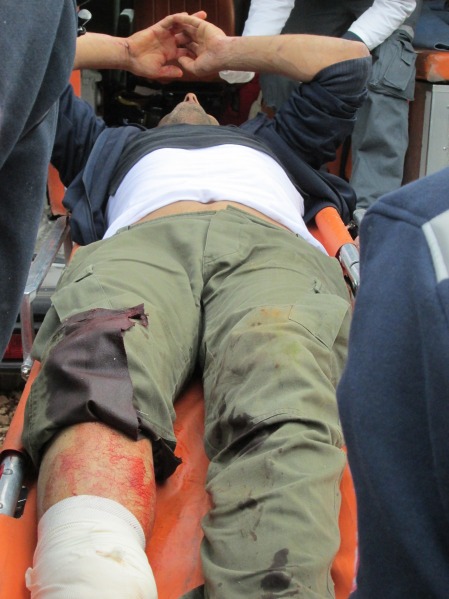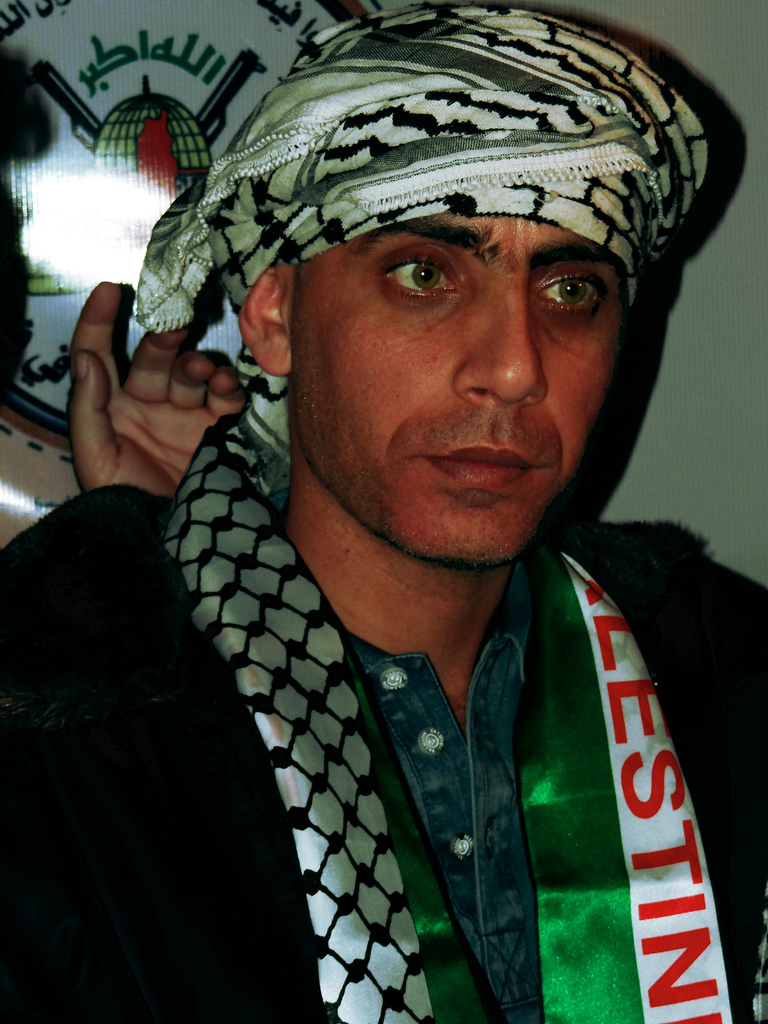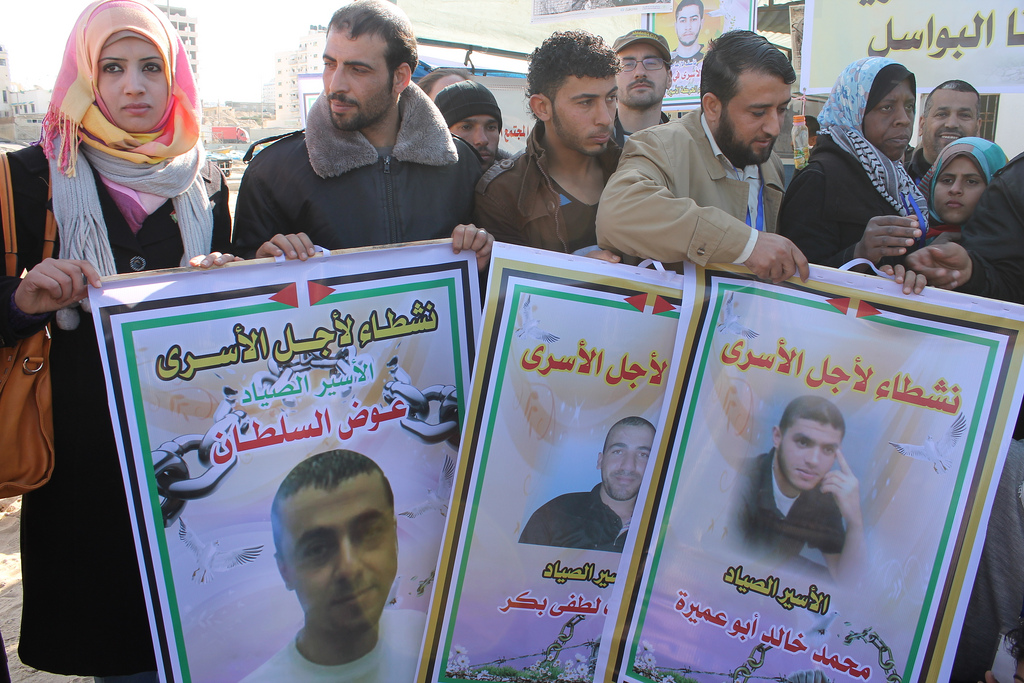Tag: Demonstration
-
Palestinian shot with live ammunition during weekly Ni’lin demonstration
12th January 2014 | International Solidarity Movement, Ramallah Team | Ni’lin, Occupied Palestine On Friday 10th January, a Palestinian demonstrator was injured after being shot in his leg with live ammunition by Israeli forces while attending the weekly Friday demonstration. The incident happened in Ni’lin where Israeli military shot live ammunition against approximately thirty demonstrators who…
-
26 Palestinian political prisoners released; 5,000 remain in prison
7th January 2014 | Resistenza Quotidiana, Sil | Gaza, Occupied Palestine 26 political prisoners, held in Israeli prisons since the Oslo Accords, were released the night of 30th December. About 5,000 others remain in prisons located in the territories occupied in 1948, a violation of international law. Umm Dia’a thought her son would be among the…
-
Gaza fishermen suffer 85 percent income loss as Israeli siege, attacks continue
4th January 2014 | The Electronic Intifada, Joe Catron | Gaza City, Occupied Palestine On 17 December, Palestinian fishermen and their supporters erected a tent — a traditional venue for protest, as well as celebration and mourning — inside the Gaza seaport. “It was to highlight the situation, the crimes of the Israelis against fishermen here,” said Amjad al-Shrafi, treasurer…



